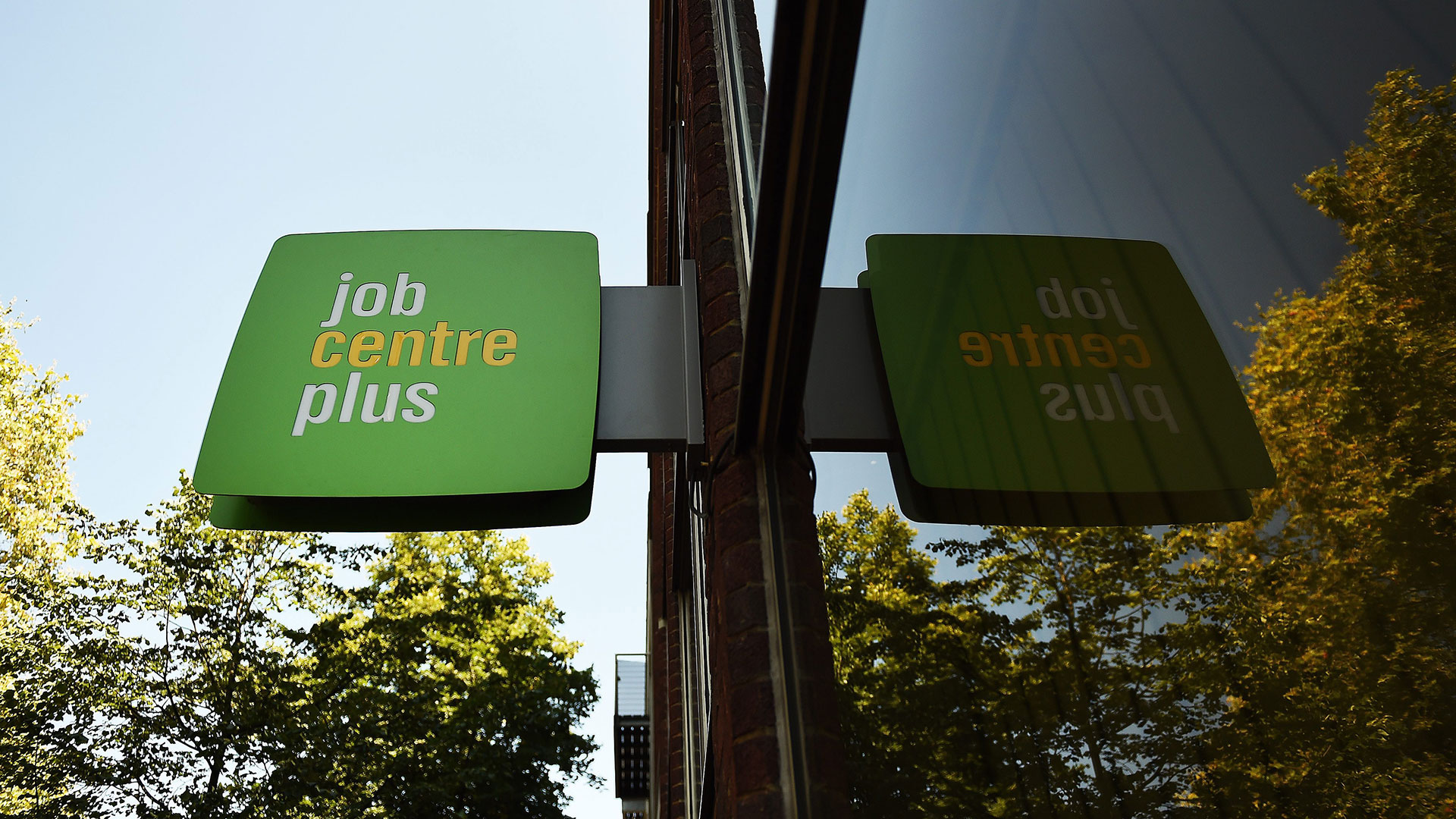He said: “It is right that we revisit our forecasts and plan, and re-plan accordingly – ensuring that the process is working well for people on benefits.”
Answering an urgent question on Universal Credit in the House of Commons this afternoon, Quince explained that natural migration on to Universal Credit is happening “less frequently than we expected”, claiming that it suggested “broad stability in people’s lives”. He said estimates suggest that 900,000 fewer households will naturally migrate on to the system between now and 2023 than forecast.
Universal Credit has been the target of criticism from charities and campaigners for its five-week wait, which sees claimants accepting advance payments to tide them over until the first payment. Repaying that advance leaves claimants with less in their monthly payments as a result.
The main stated objective of Universal Credit is to incentivise people into work. Research released today by Resolution Foundation (RF) recommends that benefits are increased to provide that incentive as well as supporting low-income families.
The think tank, along with Clarion Housing Group, found that poverty rates fall from 35 per cent to 18 per cent when people move into work but families are still finding themselves trapped in in-work poverty.
Advertising helps fund Big Issue’s mission to end poverty
Their Working Hard(ship) report revealed that almost seven in 10 working-age adults living in poverty today are from working households, up from five in 10 a decade ago.
Social housing tenants in work are more than twice as likely to live in poverty than homeowners and those in private rented accommodation.
But while work remains an effective way to escape poverty, that is not true for all. RF found that a single parent with two children would have to work 23 hours per week to escape poverty compared to 16 hours a decade ago.
RF’s answer is for firms and policymakers to offer better progression routes into higher-paid work, more childcare support for parents keen to work more hours, and more new affordable homes as well as a beefed-up benefits system.
Lindsay Judge, RF’s principal analyst, said: “With almost seven in 10 poor adults today either working themselves or living with someone else who works, the issue of in-work poverty is one of the biggest challenges facing 21st-century Britain.
Advertising helps fund Big Issue’s mission to end poverty
“But the rise of in-work poverty has led some to mistakenly downplay the importance of work in tackling poverty. In fact, finding a job halves someone’s chances of living in poverty.
“However, work alone cannot eliminate poverty. Support to sustain employment and progress out of low pay are needed alongside a benefit system that provides adequate support for low-income working families.”
Image: EPA/Andy Rain









